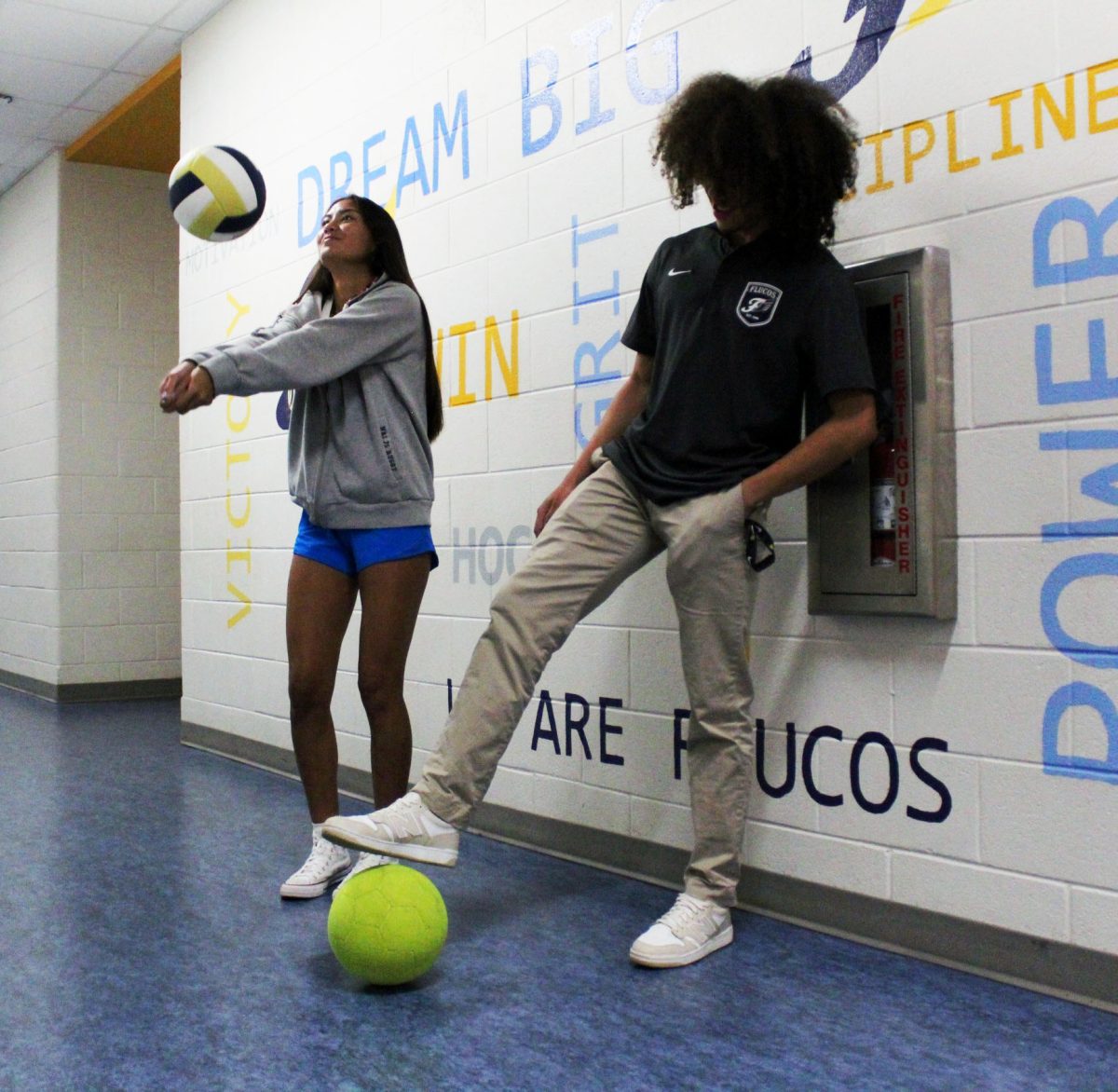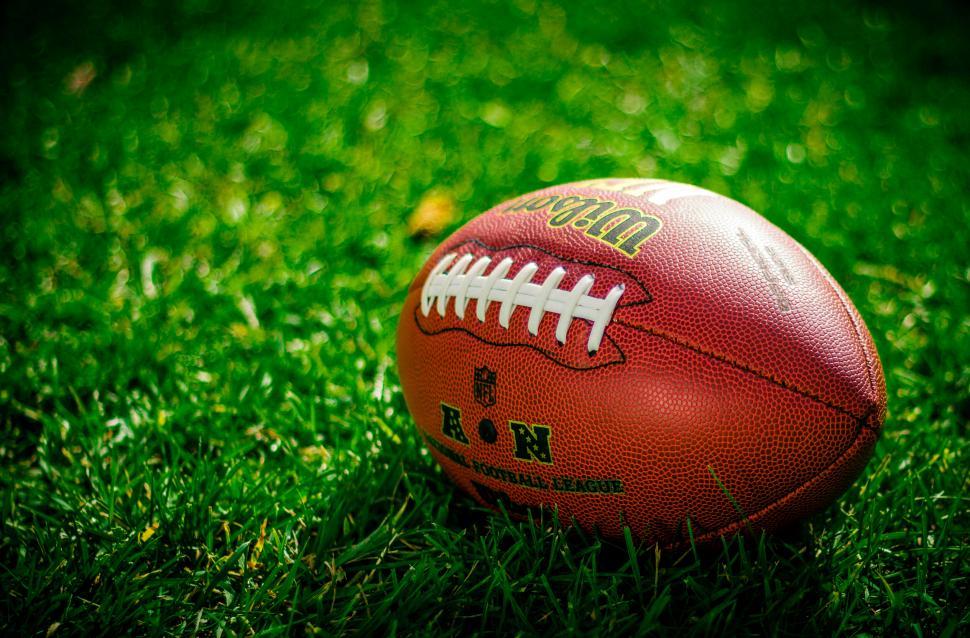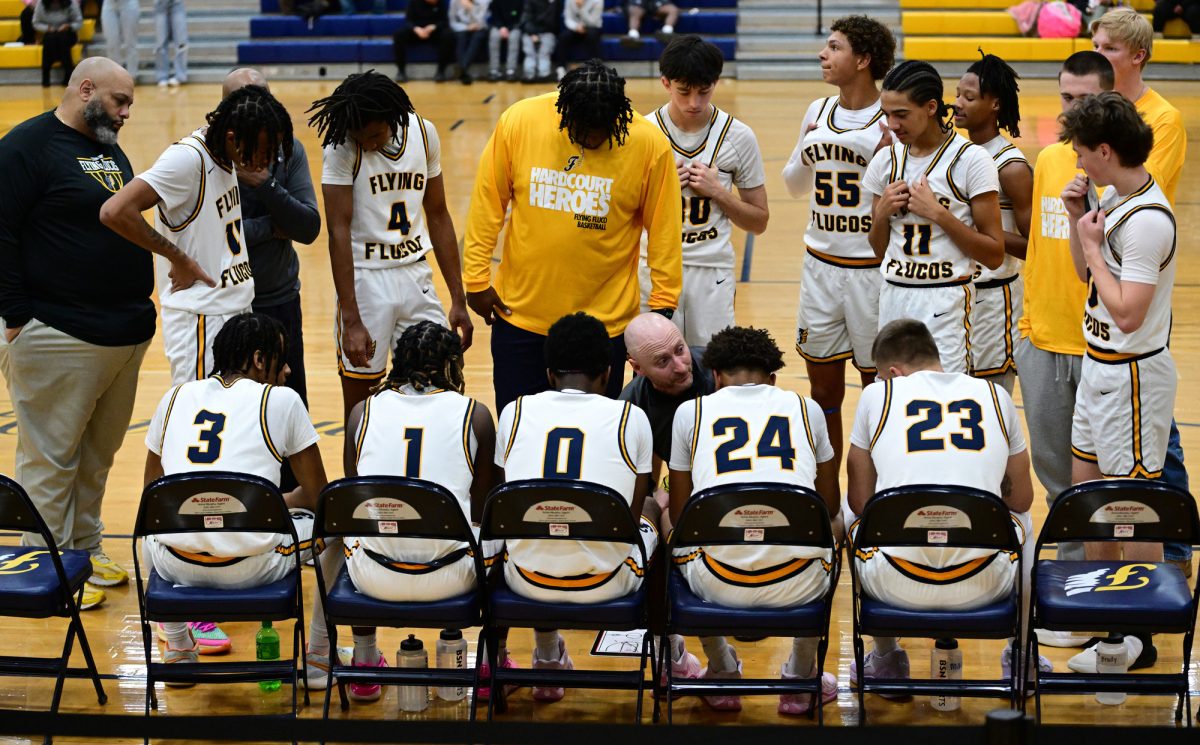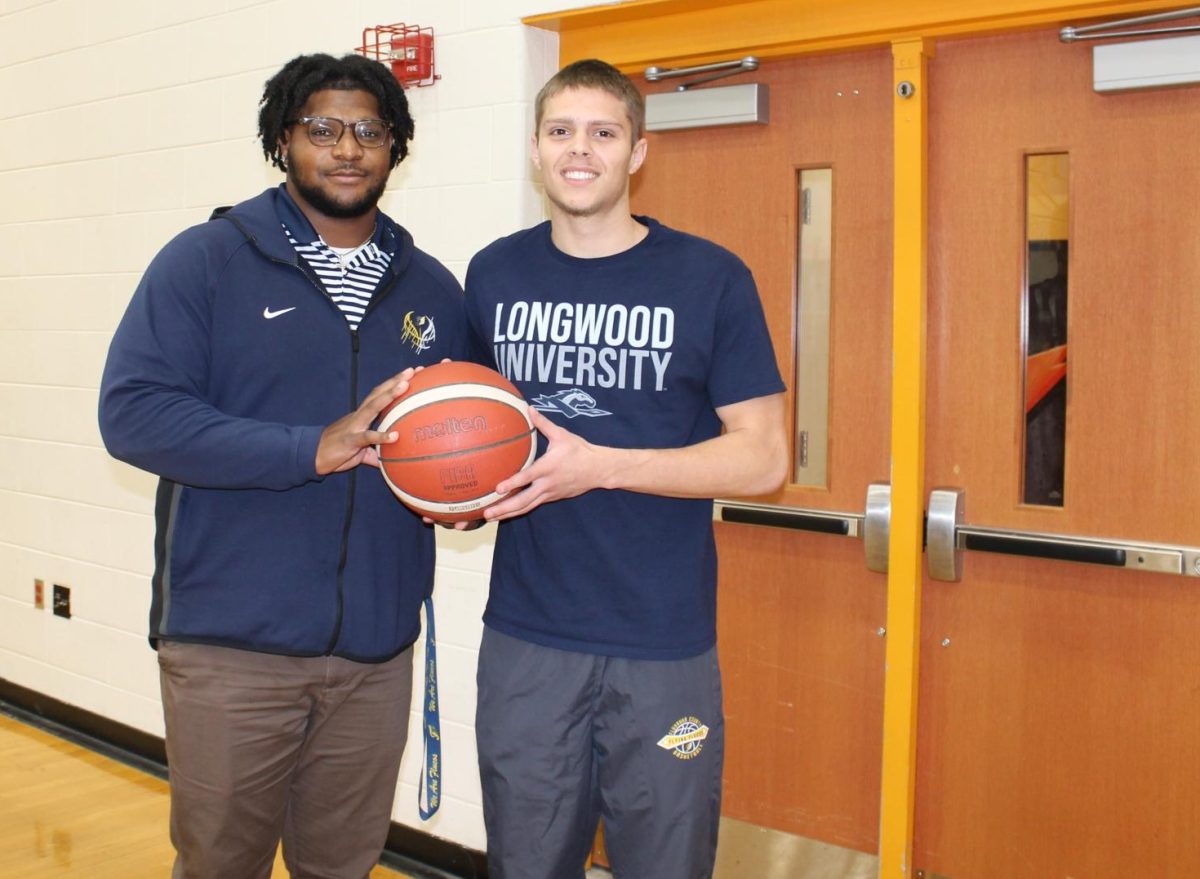It can be a rare breed of people who can effortlessly juggle three different jobs and complete all of them perfectly and on time. For some students at Fluvanna County High School, that’s just life navigating school, sports, a social life, and sometimes a work life on top of everything else.
“Trying to balance between all the school work, track, lacrosse, and just my home life in general gets difficult and chaotic, but by staying focused and determined on the goals I’ve set for myself, and knowing how much passion and love I have for my sports, I can discover the balance between it all where everything just works out smoothly,” said sophomore Jack Jefferies, an FCHS athlete who competed in indoor track while his main sport, lacrosse, was starting its season.
Playing multiple sports, especially when the sports have the same season, is an extremely difficult decision for an athlete to make. Playing more than one sport can either be beneficial or a worse decision than giving up a sport the athlete loves. Those who love to play a sport not offered by FCHS may even have to give up that sport because the school doesn’t offer it. This could cause a downfall on the student that had an attachment to the sport, because they are not able to play a sport they love and then have to balance the stress of schoolwork and finding a new sport to love.
Sophomore Kaiya Wrigley had to make such a decision. She had grown up playing rugby, a sport that FCHS does not offer. Instead, Wrigley participates in both FCHS’s outdoor track and field team and their volleyball team, along with a travel volleyball team and a travel rugby team.
“I out-aged the boys team I was playing with and had no other team to play with. I took a couple months trying to find a team, but there weren’t any girls teams around, and I was kind of out of luck until a team reached out offering me a starting spot,” she said.
She now has to balance school work with participating in three sports in the same season. This balancing act requires meticulous time management skills, something that many students have to learn on their own. It’s a tough and intense way to live their high school years, but many feel it’s worth every second of their time.
“As a student athlete, time management isn’t just a tool; it’s your secret weapon,” notes Athleteplus.org, a website which provides tips for student athletes to manage their time, stress, and school work.
Another aspect of being a multi-sport athlete is playtime, or how often athletes are in the game. Coaches at FCHS tend to be strict on how their athletes play and often base playtime off of the athlete’s presence at practice. Student athletes who engage in multiple sports still often have to attend both practices every day, working as hard as they can at one practice for 45 minutes before immediately switching fields and playing a different sport with full effort, something which isn’t easy.
In addition, coaches usually assign playtime to an athlete based on how long they are at practice. So if a practice for one sport goes for too long or a coach forgets to tell an athlete the time for when to report to their other practice, that can affect how that person gets to play for the other sport.
Considering all this, maintaining balance is crucial, as improper balance can stress athletes out, affecting how they play and feel about their sport. It’s easy for an athlete to fall out of love for a sport they don’t have motivation or time for, and they may even end up quitting something they used to adore.
Junior Kameren Green, who competes in soccer, indoor and outdoor track and field, football, and fall travel soccer, says that balancing school work and sports is “a lot to deal with.” He notes, “But I do it because I enjoy playing the sport. The workload piles [up] a lot, but I use it as a way to prepare myself for college.”
One thing that can help is being open with one’s coach.
“I appreciate multi-sport athletes, and I also know doing so in the same season can be a lot for them to juggle both sports and their academics,” said Boys Varsity Soccer Coach Jason Davis. “I think the key is for everyone involved to communicate expectations clearly. I let them know that I will work with them, but I also let them know that missing training can lead to reduced playing time since other athletes are there everyday. I also make sure to communicate with the other coach, so we can be on the same page regarding our shared athlete. Being a successful multi-sport athlete requires an extra level of commitment for the individual to be successful at both.”







